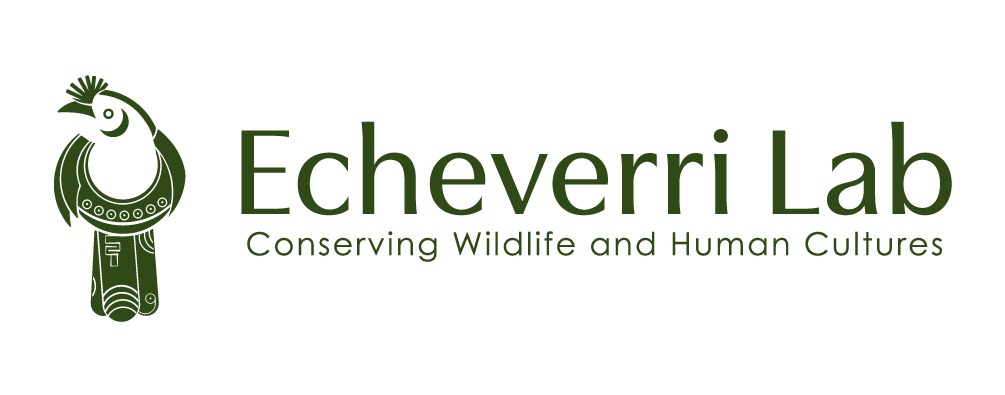Policy
At our lab, we are committed to fostering evidence-based decision-making by actively collaborating to co-develop solutions that inform environmental policy at the nexus of biodiversity and cultural diversity

International policy
Our lab has a commitment to working in intergovernmental policy fora and in particular, we are interested in international policies that address wildlife issues, such as those related to regulating wildlife trade, invasive species, and protected endangered species and habitats.
In 2016, Prof. Echeverri attended the Conference of the Parties in Cancun, Mexico and represented global youth in the COP, as a representative of the United Nations Convention of Biological Diversity and its youth group GYBN (Global Youth Biodiversity Network). We advocated for youth to be considered a key stakeholder in the implementation of countries’ National Biodiversity Strategic Action Plans.
After the COP, Prof. Echeverri has been involved with GYBN as a member of the Colombia branch. Most recently, GYBN Colombia launched a position statement regarding the environmental issues associated with the pandemic-induced national strike in Colombia.
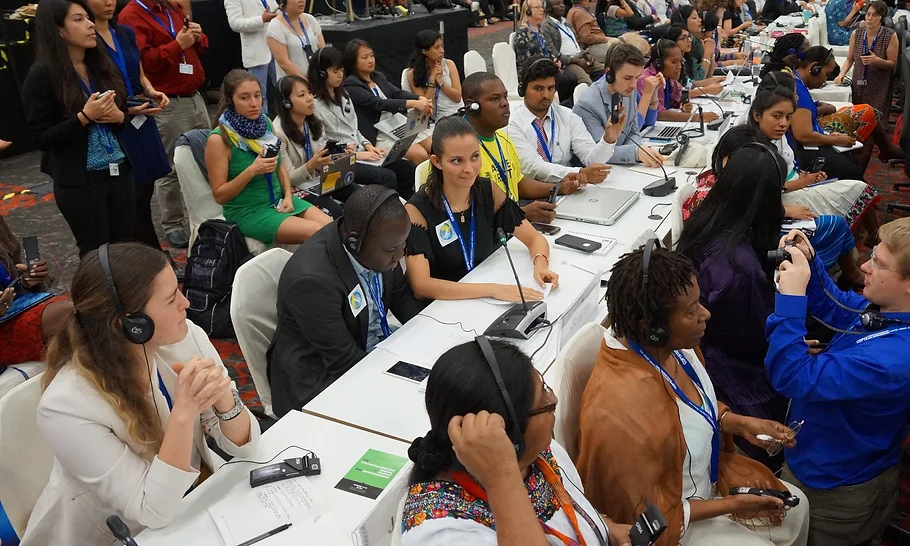
International policy
Our lab has a commitment to working in intergovernmental policy fora and in particular, we are interested in international policies that address wildlife issues, such as those related to regulating wildlife trade, invasive species, and protected endangered species and habitats.
In 2016, Prof. Echeverri attended the Conference of the Parties in Cancun, Mexico and represented global youth in the COP, as a representative of the United Nations Convention of Biological Diversity and its youth group GYBN (Global Youth Biodiversity Network). We advocated for youth to be considered a key stakeholder in the implementation of countries’ National Biodiversity Strategic Action Plans.
After the COP, Prof. Echeverri has been involved with GYBN as a member of the Colombia branch. Most recently, GYBN Colombia launched a position statement regarding the environmental issues associated with the pandemic-induced national strike in Colombia.

Colombian policy
Our lab has a long-standing commitment to work with the Colombian government and Colombian universities, NGOs and practitioners to advance conservation science and environmental management in the country.
Our most recent project was the “Pacto Territorial del Golfo de Morrosquillo”. By collaborating with the Departamento Nacional de Planeación (National Planning Department of the Colombian government), our team has mapped the implementation of the territorial pact of the Golfo de Morrosquillo. Our team identified where natural habitats, such as mangroves and forests provide the most benefits to people in the gulf, such as freshwater, blue carbon storage, and coastal protection.
We wrote reports and policy briefs with the results of the work. Together with the Departamento Nacional de Planeación, we are ensuring that the municipalities in the gulf establish Payments for Ecosystem Services to halt deforestation in and around the Paramillo National Park, and provide mechanisms to protect the mangroves in the gulf.
Our team has also worked with the national statistics Bureau to develop water accounts in partnership with the Natural Capital Project at Stanford University.
Photo by: Fernanda Pineda
- Echeverri, et al. (2023). Colombian biodiversity is governed by a rich and diverse policy mix. Nature Ecology and Evolution, 1-11
- Resumen de políticas para la implementación del Pacto del Golfo de Morrosquillo
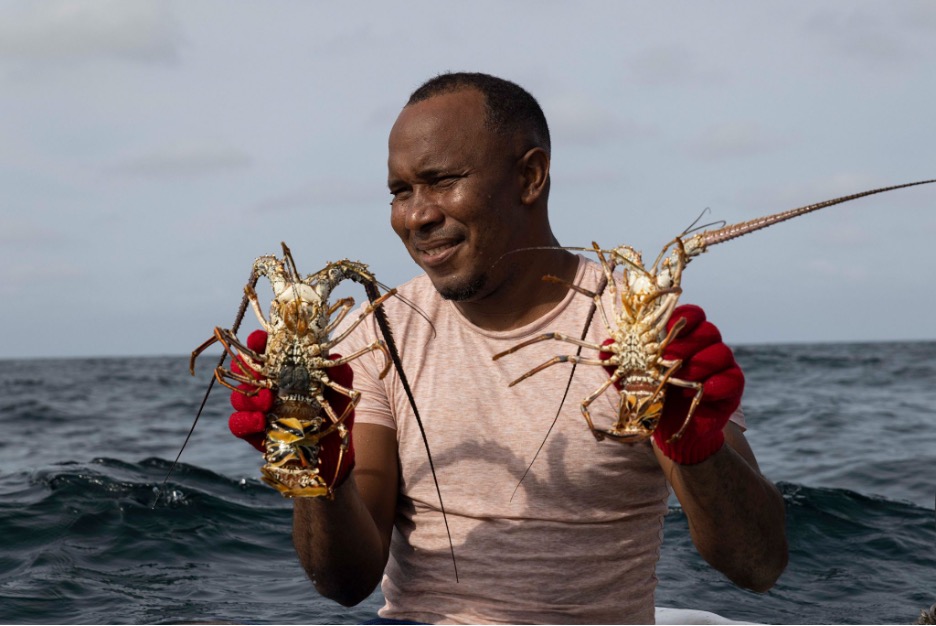
Colombian policy
Our lab has a long-standing commitment to work with the Colombian government and Colombian universities, NGOs and practitioners to advance conservation science and environmental management in the country.
Our most recent project was the “Pacto Territorial del Golfo de Morrosquillo”. By collaborating with the Departamento Nacional de Planeación (National Planning Department of the Colombian government), our team has mapped the implementation of the territorial pact of the Golfo de Morrosquillo. Our team identified where natural habitats, such as mangroves and forests provide the most benefits to people in the gulf, such as freshwater, blue carbon storage, and coastal protection.
We wrote reports and policy briefs with the results of the work. Together with the Departamento Nacional de Planeación, we are ensuring that the municipalities in the gulf establish Payments for Ecosystem Services to halt deforestation in and around the Paramillo National Park, and provide mechanisms to protect the mangroves in the gulf.
Our team has also worked with the national statistics Bureau to develop water accounts in partnership with the Natural Capital Project at Stanford University.
Photo by: Fernanda Pineda
- Echeverri, et al. (2023). Colombian biodiversity is governed by a rich and diverse policy mix. Nature Ecology and Evolution, 1-11
- Resumen de políticas para la implementación del Pacto del Golfo de Morrosquillo

USA policy
Prof. Echeverri is a member of 50 voices: A science collective for endangered species
50 voices is a group of interdisciplinary scientists and scholars with diverse perspectives committed to offering our expertise in support of the Endangered Species Act. We are working to improve implementation and foster transformative action for biodiversity conservation over the next 50 years. 2023 marks the 50th anniversary of the endangered species act.
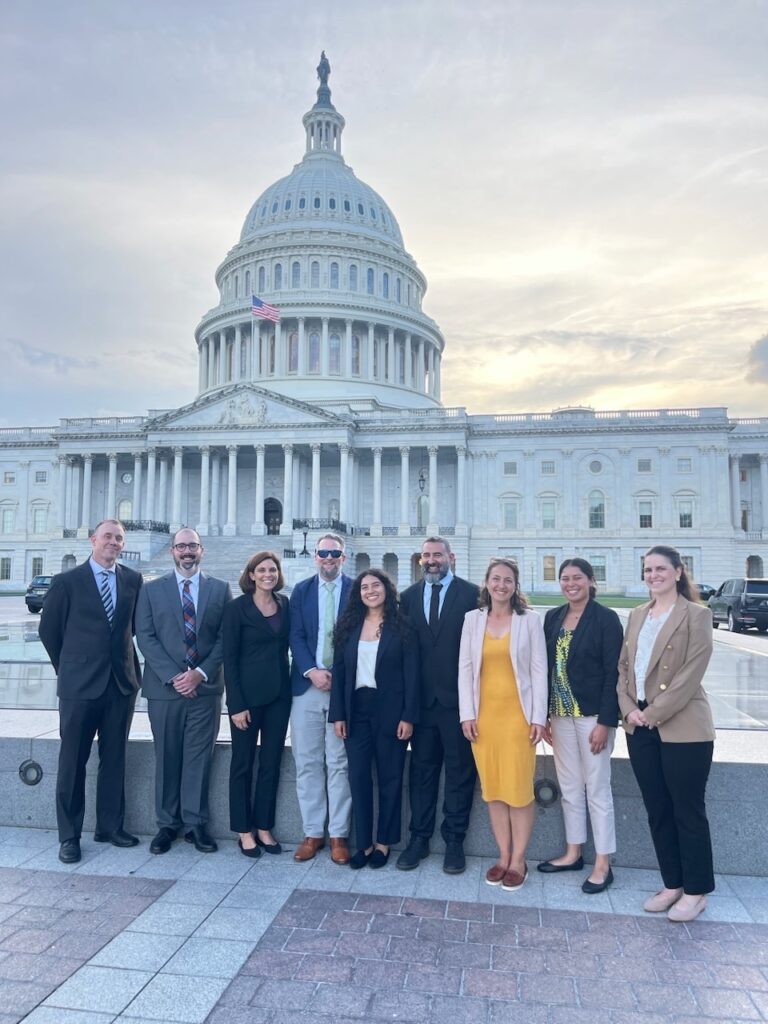
USA policy
Prof. Echeverri is a member of 50 voices: A science collective for endangered species
50 voices is a group of interdisciplinary scientists and scholars with diverse perspectives committed to offering our expertise in support of the Endangered Species Act. We are working to improve implementation and foster transformative action for biodiversity conservation over the next 50 years. 2023 marks the 50th anniversary of the endangered species act.

Costa Rican policy
Our lab has a standing commitment and deep appreciation for the Costa Rican government, local communities, and private sector.
We have worked with many agencies including the Costa Rican coffee institute (ICAFE), the biological corridor of Hojancha Nandayure, and the ministry of environment (MINAE) to co-develop reports for farmers that guide restoration efforts, to teach youth about birds in their hometowns, and to work closely with farmers on identifying biodiversity indicators of good ecosystem health.
- Karp, et al. (2019). Remnant forest in Costa Rican working landscapes fosters bird communities that are indistinguishable from protected areas. Journal of Applied Ecology, 56(7), 1839-1849.
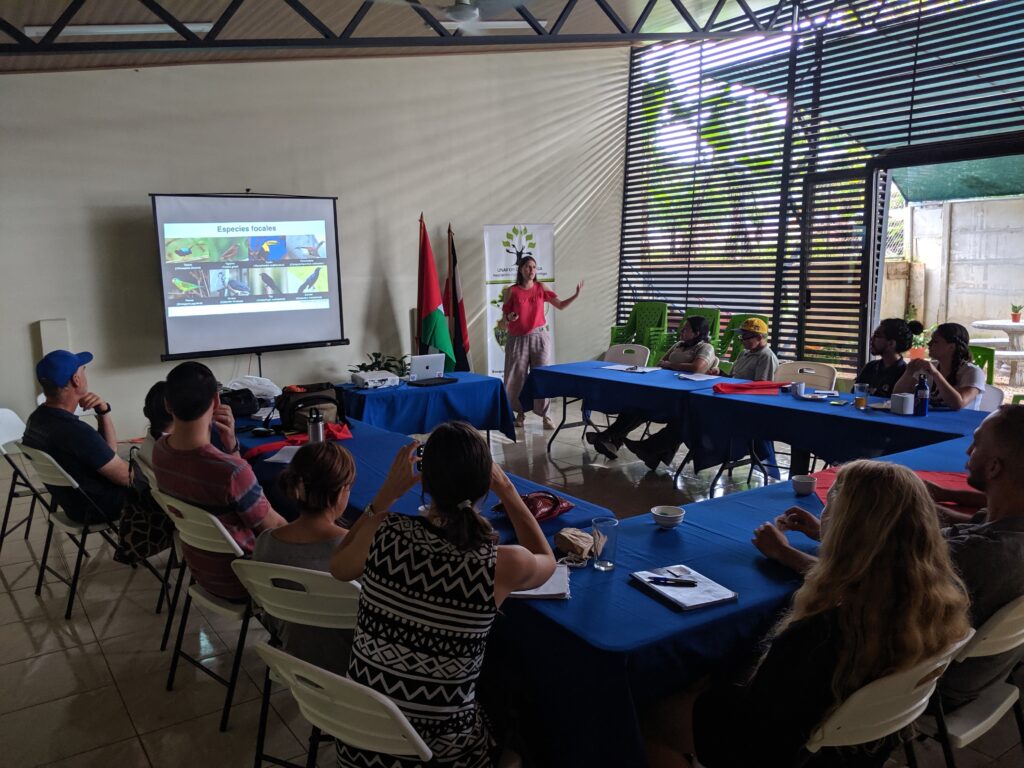
Costa Rican policy
Our lab has a standing commitment and deep appreciation for the Costa Rican government, local communities, and private sector.
We have worked with many agencies including the Costa Rican coffee institute (ICAFE), the biological corridor of Hojancha Nandayure, and the ministry of environment (MINAE) to co-develop reports for farmers that guide restoration efforts, to teach youth about birds in their hometowns, and to work closely with farmers on identifying biodiversity indicators of good ecosystem health.
- Karp, et al. (2019). Remnant forest in Costa Rican working landscapes fosters bird communities that are indistinguishable from protected areas. Journal of Applied Ecology, 56(7), 1839-1849.

